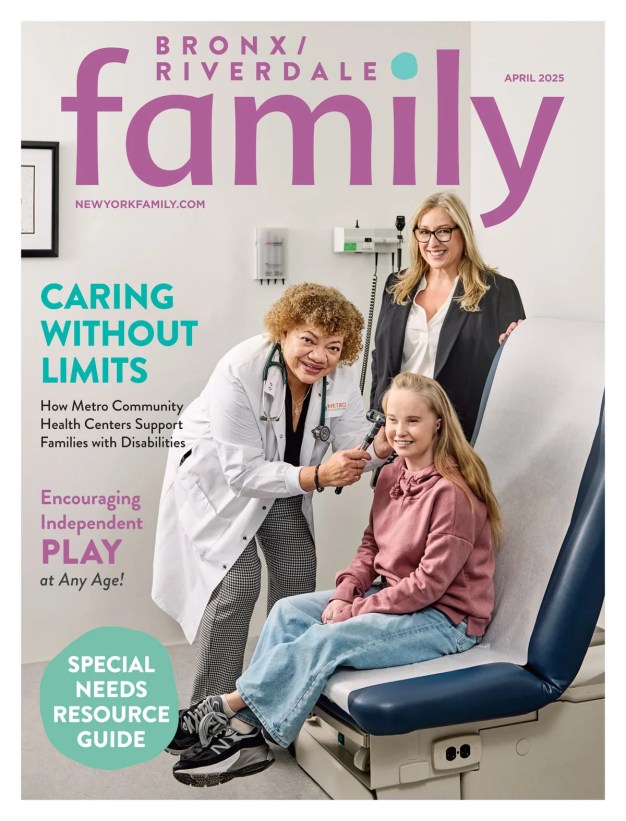Every family seems to have one–a child who’s especially susceptible to sneezes and sniffles, ear infections and fevers, bad coughs, and a host of other bothersome but not usually serious illnesses. But even if your kid racks up some sick days and pharmacy prescriptions for mild infections, you don’t need to worry about whether his brain is affected or if he’s losing his ability to fare well in school, according to a new large European study.
Researchers at Denmark’s Aarhus University collected information from nearly 600,000 Danish children born between 1987 and 1997, examining data on their health, treatment, hospital admissions, and prescriptions. They also investigated how each child did on an important 9th grade school examination. The results were adjusted for factors such as birthweight, mental or chronic illness in the child, and also the level of education and mental health of the parents.
The results, which have been published in The Pediatric Infectious Disease Journal, were reassuring: Even when a child had required as many as fifteen prescriptions during childhood, it had no significant impact on his ability to complete primary and lower secondary school.
There was an exception: Children who had been admitted to a hospital as a result of severe infections, such as measles, rubella, or meningitis—illnesses that kids are commonly vaccinated against—had a lower chance of completing 9th grade.
“The decisive factor is therefore the severity of the disease, but not necessarily the number of sick days,” says Ole Koler-Forsberg, a medical doctor and Ph.D. student from Aarhus University who was one of the researchers behind the study.
“The study ought to reassure those parents who find that their young children are often sick,” Dr. Kohler-Forsberg continues. “Our findings indicate that as long as we ‘only’ have a case of less severe infections, and even though the child is definitely ill and requires medicine, the child’s cognitive development is not at risk.”
Related links: 7 Types of Coughs Parents Should Watch For in Children





















